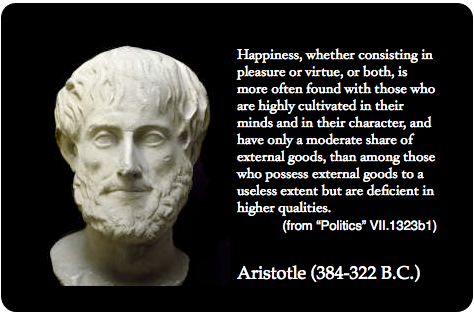Some of my students were devastated to discover that Hamlet dies at the end of the play, so I have obliged their tender sensibilities with this additional scene. —etm
—————————————————————————
Scene: Wittenberg. A room in an inn.
HORATIO
But how is this possible?!
HAMLET
‘Season your admiration’, good friend. In short, by a hair’s breadth and the grace of God. But sit you down, and I will lay it all out before you. Here, a bit of wine will do you good.
Horatio sits and grips his wine cup as though it were the last real thing in his universe.
HAMLET
I saw right away that to stay in Denmark meant certain death for me and those I most loved. I began with Ophelia, and together we wove a plan. Then came you, and the ghost. I wanted to tell you all, but feared to put you in danger should the king suspect you, and so I must beg your pardon, dear Horatio.
HORATIO
But I saw you die, with my own eyes. I saw Ophelia buried. I saw you kill both Laertes and the king, and I saw the Queen drink the poisoned wine. Have I gone mad?
HAMLET
Fie, fie! you are the sanest person I know. But eyes can deceive, good Horatio. What you saw was mostly theatre. Acting. Stage tricks I learned during my days with the players in the city.
HORATIO
Did no one die?
HAMLET
Only the king and, alas, old Polonius. That was the accident that nearly unraveled all my plans.
HORATIO
But my lord, you killed the king with the same rapier that only moments before you pulled out of Laertes. How can Laertes live, if the king died?
HAMLET
That was nicely done, eh? Laertes and I managed the rapiers very well. Of course, everyone was so alarmed by then, it was easy to beguile their senses with a sleight of hand. [Seeing Horatio’s incomprehension.] The rapier that seemed to kill Laertes was one I had from the players. The one I plunged into the guts of that villain was real.
HORATIO
May he roast in hell! O, my lord, you cannot know, nor I cannot say had I a thousand years, how glad I am to see you here before me, alive and well and smiling. [They embrace, both shedding glad tears.] Tell me, though, how is’t with the Queen your mother?
HAMLET
Still my mother, God be thanked, and no longer queen, I am glad to say. She was yet divided in her heart, though always loyal to me, but when Laertes told her of the king’s plan for the fencing match, all division ended and she became an eager player in our plot. And then, when the king did not stop her from drinking the wine that he thought was poisoned, all remaining sympathy was erased and she rejoiced in his death, though for the sake of our deception she could not show her happiness ‘til later.
HORATIO
And where are they now— your mother, Ophelia, and Laertes?
HAMLET
At home, such as it is, waiting to embrace you when I bring you there to greet them.
HORATIO
With all my heart will I greet them, each and every one. But what of Rosenkrantz, and Guildenstern? Do they live?
HAMLET
[Laughing] Aye, what a pair, those two! The king had no idea what actors they were. At moments they nearly convinced me of their villainy. They are in London, and from their latest letter it appears that they are making a name for themselves in the theatres there. Perhaps we shall go and see them, or better yet persuade them to return here and join us. We might make Wittenberg the centre of the world.
HORATIO
Does Fortinbras know you live?
HAMLET
Aye, aye, he was my back, had the fencing match not gone as I planned it. The great fool, he was just as happy to become king as I was to escape from that madness. Ambition, greed, grasping always for favours and power—what kind of life is that, Horatio?
HORATIO
Not the sort that I should want, my lord.
HAMLET
No, nor I. Shall we go to greet the ladies and Laertes? They await us.
[Exeunt]



